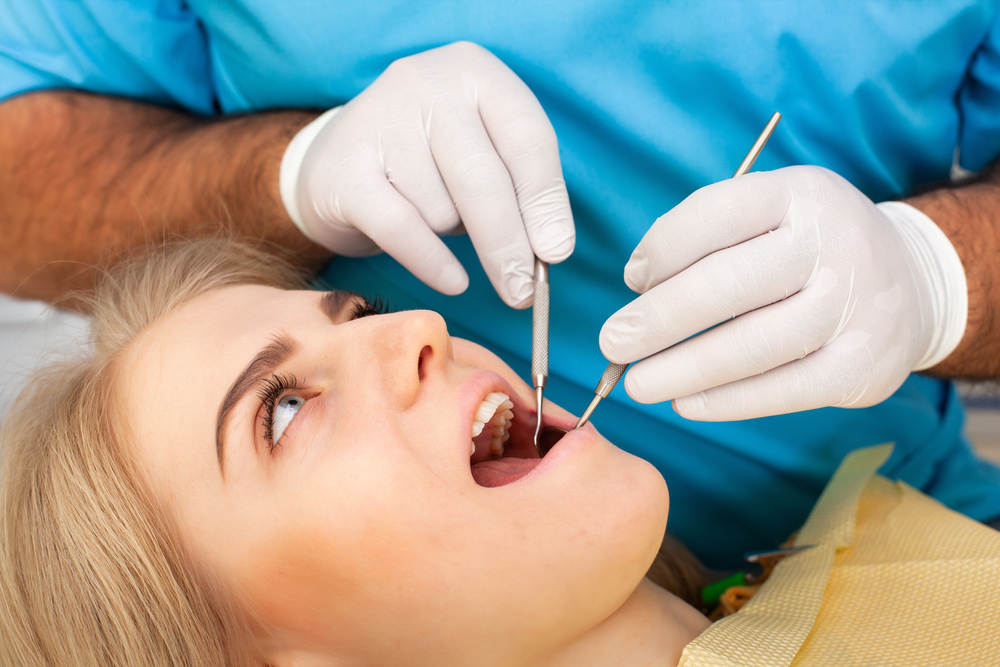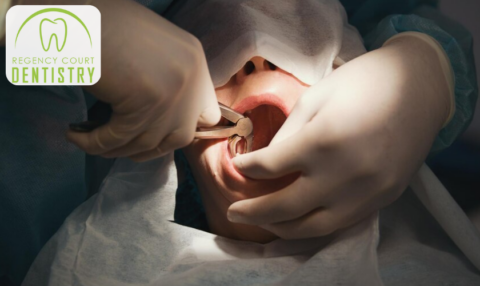Exploring Different Sedation Options for a Comfortable Wisdom Teeth Removal Experience

Neighborhood Anesthesia
Neighborhood anesthesia is a commonly made use of approach for numbing details areas of the mouth during wisdom teeth extraction treatments. By providing a neighborhood anesthetic, such as lidocaine, a dental practitioner can ensure that the client stays comfortable and pain-free throughout the removal process.
Among the primary benefits of neighborhood anesthesia is its targeted numbing result, which means that just the details location being dealt with is impacted. This localized strategy lessens the threat of systemic adverse effects and allows for a quicker recuperation post-procedure. wisdom teeth removal aspendale. Furthermore, local anesthetic is taken into consideration to be a risk-free and routine technique in dental care, with minimal dangers involved when carried out by a skilled professional
Laughing Gas

In addition, laughing gas is understood for its quick healing time. Once the mask is eliminated, the effects of the gas wear away promptly, enabling patients to resume their normal tasks without remaining sedative effects. This makes laughing gas a practical option for those who require to drive themselves home after the oral visit. Nitrous oxide is ideal for individuals of all ages, making it a versatile sedation choice for wisdom teeth removals and other oral procedures.
Oral Sedation

Unlike intravenous sedation, oral sedation does not call for injections or needles, making it a more comfy alternative for people with a fear of needles. Furthermore, dental sedation is considered secure and reliable when provided by trained dental experts.
IV Sedation
Administered intravenously by skilled doctor, IV sedation is an effective approach made use of to generate a regulated state of deep relaxation and unfamiliarity throughout oral treatments. Unlike dental sedation, which can be uncertain in its results, IV sedation permits specific control over the level of sedation, making it an ideal option for intricate procedures like knowledge teeth removals.
Throughout IV sedation, a sedative drug is delivered directly right into the bloodstream via a vein, allowing it to take result quickly and effectively. This technique makes sure that the person remains unaware and comfortable of the treatment while still maintaining important functions such as breathing and heart rate.
Among the key benefits of IV sedation is its capability to offer a much deeper degree of sedation contrasted to other methods, making it particularly ideal for people with high degrees of anxiety or those undergoing extensive dental work. Furthermore, the results of IV sedation typically subside progressively after the treatment, minimizing like this the chance of grogginess or lingering side results. On the whole, IV sedation uses a efficient and risk-free option for making certain a comfy and trouble-free experience during wisdom teeth removal.
General Anesthesia
Having reviewed the advantages of IV sedation for wisdom teeth removal, the use of general anesthesia offers an alternative choice for clients calling for a deeper level of unfamiliarity during oral procedures. General anesthetic generates a controlled state of unfamiliarity, making sure the client really feels no discomfort or discomfort throughout the extraction procedure. This method is specifically valuable for individuals with extreme dental anxiety, complex surgical demands, or those going through numerous extractions at the same time.
General anesthetic is provided by an experienced anesthesiologist who carefully monitors the individual's vital indications throughout the treatment. It involves making use blog of intravenous medications or breathed in gases to generate a state of unconsciousness. While under basic anesthesia, the patient will certainly not be conscious of the surgery, experience any type of discomfort, or have any recollection of the treatment later.
Although basic anesthesia is secure when administered by qualified experts, it carries a somewhat greater risk compared to other sedation alternatives. wisdom teeth removal aspendale. Individuals taking into consideration basic anesthetic for knowledge teeth removal ought to go over the possible threats and advantages with their dental practitioner or dental doctor to make an informed decision based on their individual demands and medical history
Conclusion
Finally, different sedation alternatives are available to guarantee a comfortable wisdom teeth extraction experience. Regional anesthetic is generally made use of for numbing the specific location, while laughing gas offers relaxation and pain relief. Dental sedation and IV sedation offer deeper levels of relaxation, depending on the patient's needs. General anesthetic can be made use of for a lot more complex cases. It is important to speak with your dental professional Recommended Reading or oral cosmetic surgeon to determine the most appropriate sedation option for your procedure.
Nitrous oxide is appropriate for individuals of all ages, making it a flexible sedation option for knowledge teeth extractions and other dental treatments.
Unlike intravenous sedation, oral sedation does not require shots or needles, making it a much more comfortable alternative for people with a worry of needles.One of the key advantages of IV sedation is its capacity to provide a much deeper level of sedation compared to other approaches, making it especially ideal for individuals with high levels of anxiety or those undertaking considerable dental job.Having discussed the advantages of IV sedation for wisdom teeth removal, the usage of basic anesthetic offers a different option for people needing a deeper degree of unfamiliarity during oral procedures. Oral sedation and IV sedation offer much deeper levels of leisure, depending on the patient's demands.